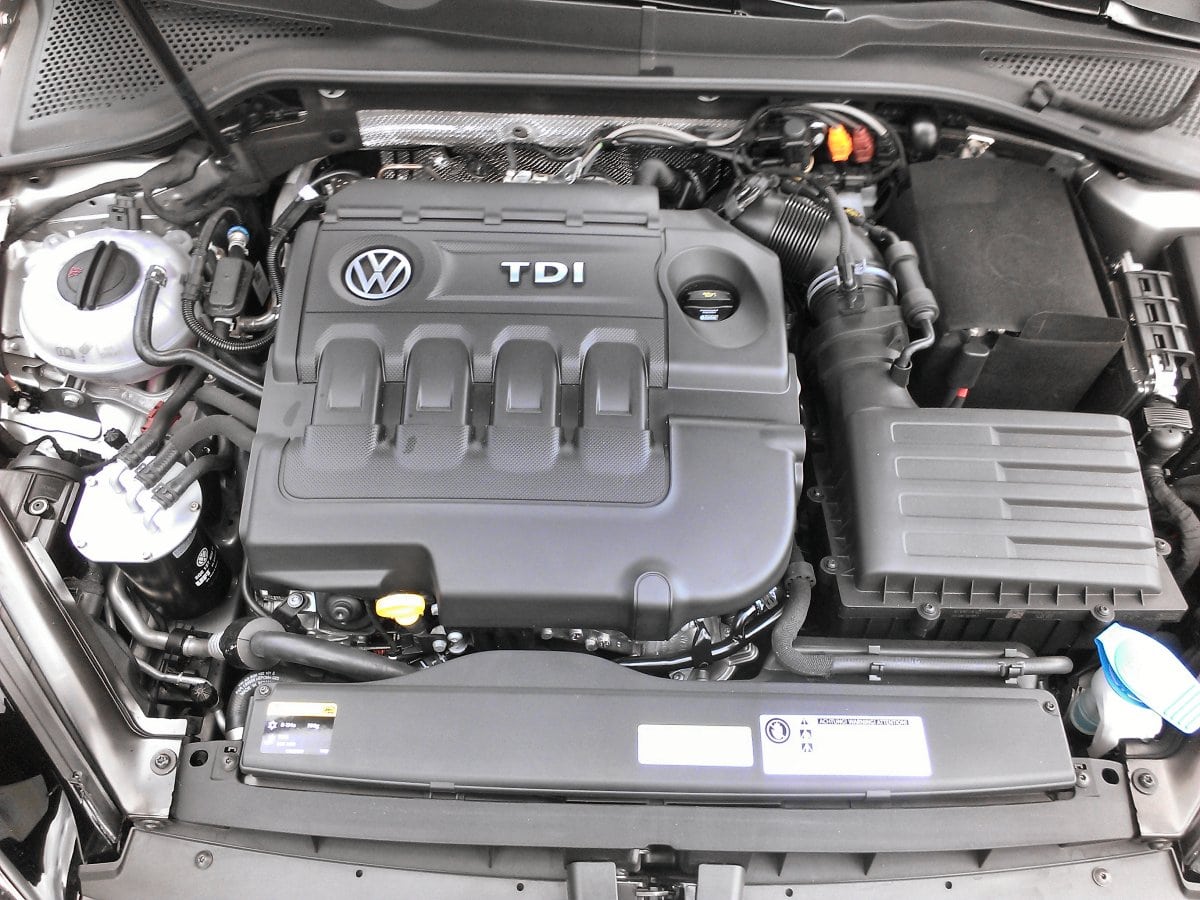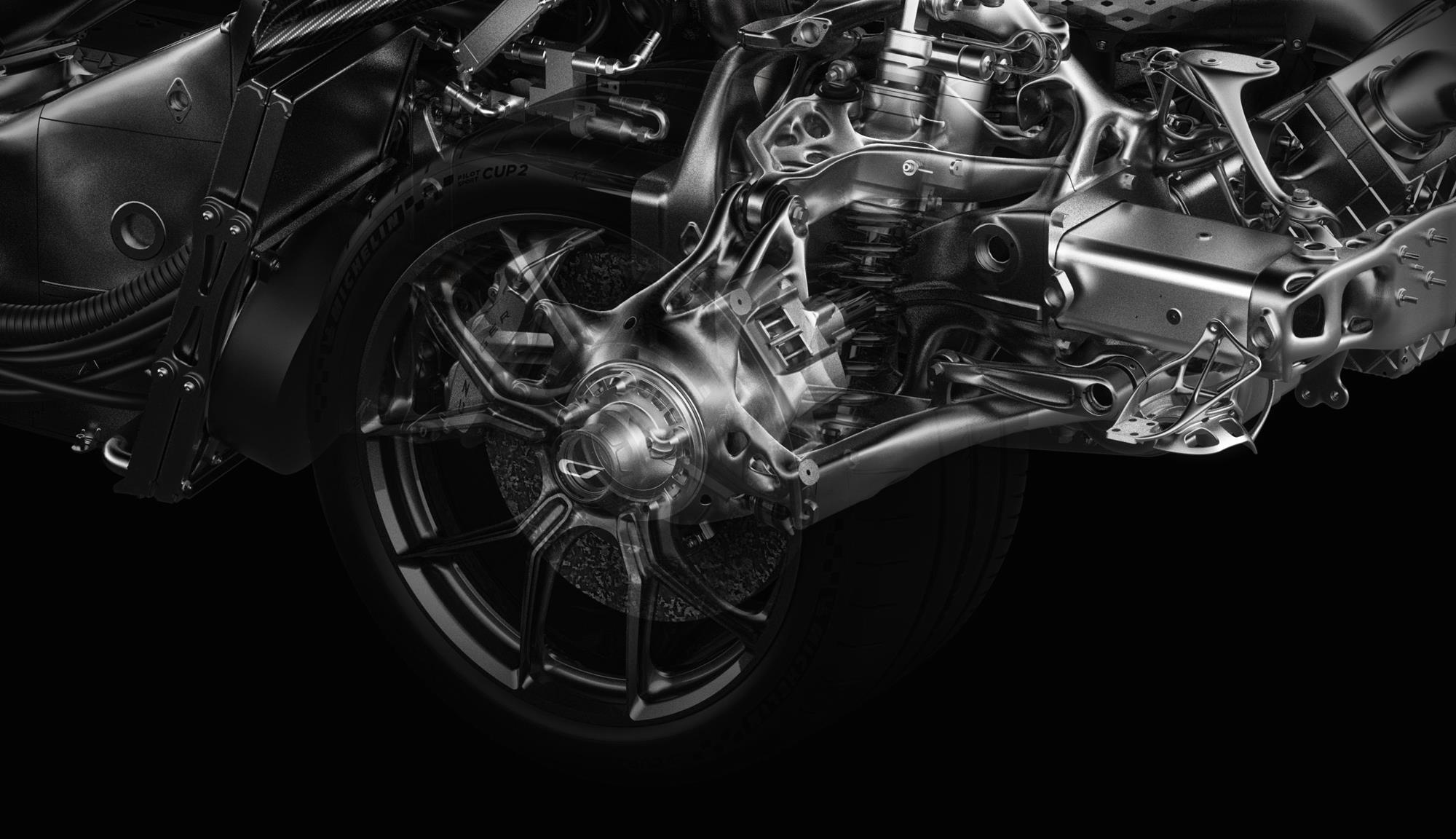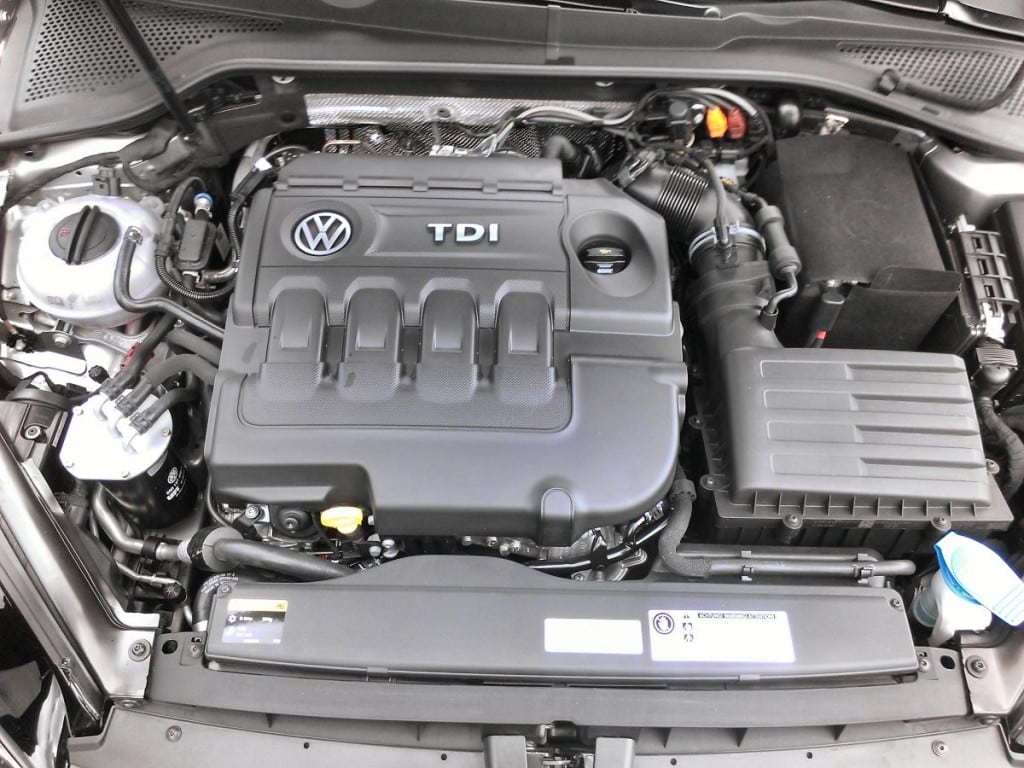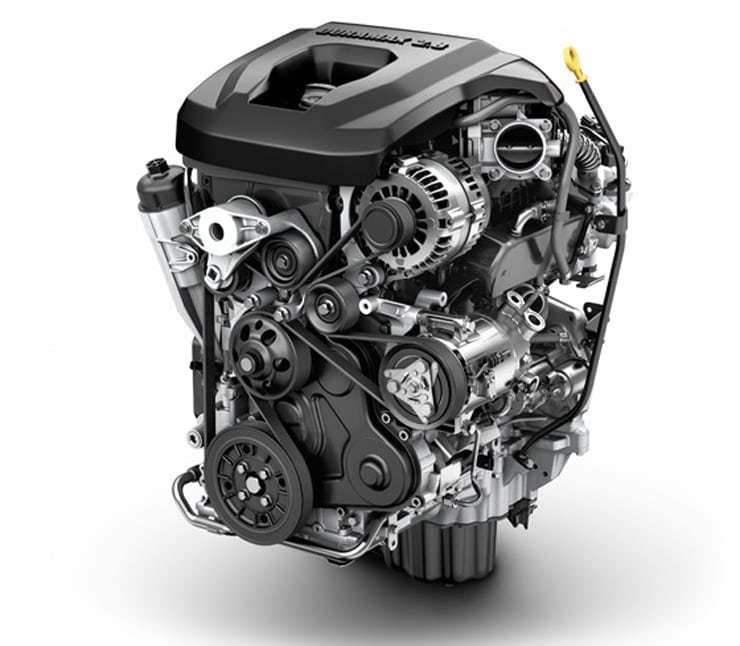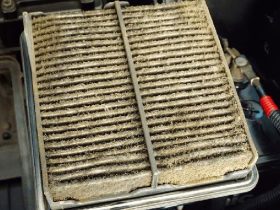In the United States, we all know that gas engines get used in cars more than diesel ones. The price of gas is much cheaper here than it is in other parts of the world. And so we can enjoy driving around in cars with large-displacement motors.
But the only thing is that even the most-efficient gas motors don’t offer the typical benefits that a diesel does. For instance, diesel car drivers can enjoy driving around for longer because the mileage range is greater. Another is that you can use biodiesel as well as regular diesel fuel (be sure to check your vehicle’s owner’s manual and warranty first).
You might have some idea of how a typical gas engine works. But do you know how a diesel one works? In some ways, the way they work is almost identical.
Of course, there are a few subtle differences. Today’s article will tell you a bit more about diesel engines, where they came from and why they are starting to grow on us!
A brief history of the diesel engine
Many people credit Rudolph Diesel, a French man of Bavarian descent, as the diesel engine inventor. Indeed, his prototype engine from 1893 is the basis of today’s modern diesel engines.
But the original ideas and concept came not from Diesel but other people. In 1885, English inventor Herbert Akroyd Stuart used paraffin oil as a fuel source for an engine. His engines then got built by Richard Hornsby and Sons in 1891.
Stuart’s engine used pressurized fuel injection, whereas modern diesel engines use direct fuel injection. By 1898, Diesel had tweaked his engines so that they offer a theoretical fuel efficiency of 75%. The steam engines of the time were only around 10% efficient.
By this time, things were going well for Diesel, and he had become a millionaire because of the engine that bears his name. His engines soon got used not just in vehicles but factories, mines, ships and more!
The advantages of diesel engines
There are many advantages that today’s modern diesel engines offer. The main ones are as follows:
* Efficiency. Diesel motors burn less fuel than gas ones, so that means you can travel greater distances before the need for refuelling. And under partial load, the fuel used is almost constant, unlike with gas engines;
* They don’t need high-voltage electricity. Unlike with gas motors, diesel engines don’t need any electrical ignition items. Coils, spark plugs and ignition wires aren’t used in diesel engines. That makes them more-reliable than gas motors. And they can better suit colder and damp operating environments;
* Longer-lasting. Diesel engines last twice as long as gas ones do. That’s because the strength of the parts used in such engines is better than in their gas counterparts;
* Safer than gas. Diesel fuel is safer than gasoline. It doesn’t explode like gas, nor does it release any flammable vapor;
* They run cooler. Diesel engines don’t create as much wasted heat through the exhaust and cooling systems as gas engines do;
* Multiple fuel sources. Standard diesel oil is an obvious choice for fuel. But you can also use biodiesel and even rapeseed oil in some cases!
Biodiesel
You’ve seen me mention “biodiesel” a few times in this article but what do you know about it? In a nutshell, biodiesel is a synthetic or “man-made” fuel. It does not come from petroleum and is often considered an eco-friendly source of fuel for diesel cars.
Biodiesel tends to work better in newer diesel engines than in older ones. That’s why some gas stations sell biodiesel with a partial mixture of diesel oil. It is possible to run a diesel car just on biodiesel alone, but you would have to make sure the fuel was compatible with the engine first.
How does a diesel engine work?
OK, so far you have learnt the history of the diesel engine, what their benefits are and a bit of information on biodiesel. But now it’s time to learn how a diesel engine works!
To explain this to you, I will start by giving you some brief information on how a gas engine works. That way you will understand how and why a diesel engine differs from a gas one.
With modern gas engines, the fuel gets delivered to each engine cylinder from a fuel injector. A fine mist gets sprayed just above the inlet (intake) valve. The air then mixes with the injected gas. At this point, the air and fuel get ignited by a spark from the spark plug.
Diesel engines work a little different to gas ones in this respect. The diesel fuel gets injected into the cylinder, rather than through an external fuel injector. These engines don’t use spark plugs to make the magic happen.
Instead, the ignition occurs under great air pressure! Mark from Listers also pointed out that the efficiency of this ignition is greater when the engine becomes warmer.
Why do diesel engines make so much noise?
It’s a well-known fact that diesel engines are louder than their gas brothers. Advances in technology have made today’s modern diesels quieter than they used to be, but they are still audible. So why do diesel engines make so much noise?
The repetitive noise you hear in a diesel engine is down to the combustion process. There isn’t a way of making the process silent, aside from soundproofing the interior of the car. Thanks to pre-combustion processes, combustion is much quieter than it was in diesel cars built twenty or thirty years ago.
Do all diesel engines need forced induction?
Some early diesel motors do not have a turbocharger or supercharger to force extra air into the intake system. But pretty much all of today’s diesels have some form of forced induction.
There are two reasons this is needed. First, it provides a much-needed boost of power. And second, it makes diesel engines even more efficient!
I hope you have found today’s article on diesel engines useful and informative. Feel free to share a link to this page on Facebook or Twitter. Thanks for reading!


